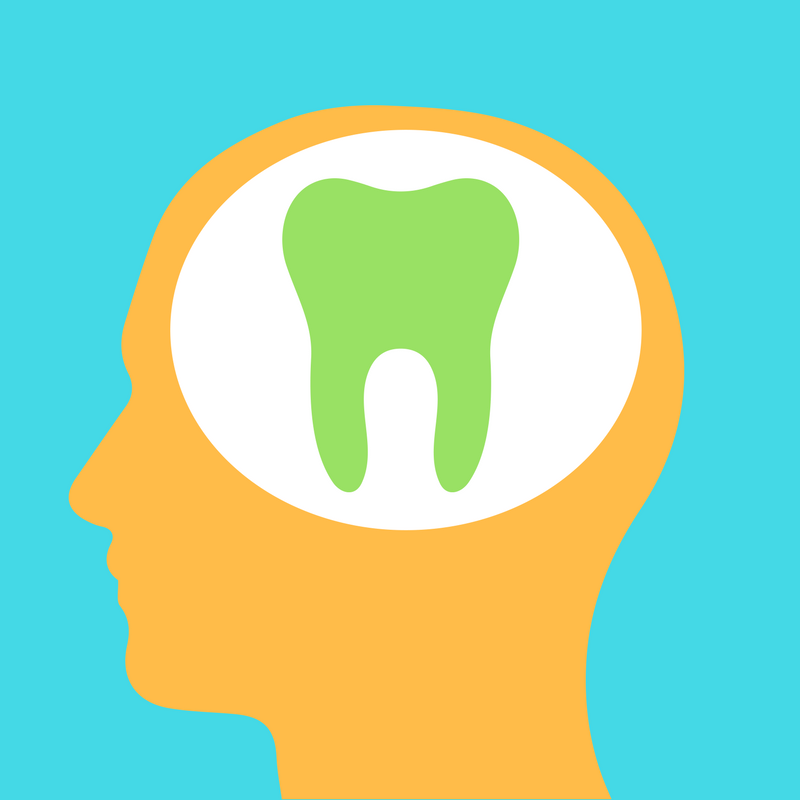When we think about oral hygiene, the first things that come to mind are clean teeth, fresh breath, and a bright smile. However, the importance of maintaining good oral health extends far beyond these visible benefits. Recent research has highlighted a profound connection between oral hygiene and mental health, underscoring the need to view dental care as a critical component of overall well-being.
The Link Between Oral Health and Mental Health
- Self-Esteem and Confidence
Dental issues like tooth decay and bad breath can cause embarrassment and lower self-esteem, affecting personal and professional relationships.
- Anxiety and Depression
Chronic dental problems can lead to persistent pain and stress, increasing the risk of anxiety and depression.
- Eating and Nutrition
Oral health problems can make it difficult to eat properly, leading to poor nutrition, which impacts brain function and mood.
- Quality of Life
Dental issues can interfere with daily activities, reducing quality of life and contributing to mental distress.
Mental Health’s Impact on Oral Hygiene
- Neglect of Oral Care
Mental health disorders can lead to neglect of oral hygiene routines, increasing the risk of dental problems.
- Medication Side Effects
Medications for mental health issues can cause dry mouth, increasing the risk of cavities and gum disease.
- Bruxism (Teeth Grinding)
Anxiety and stress can lead to teeth grinding, causing tooth wear and jaw pain.
Integrating Oral and Mental Health Care
- Education and Awareness
Educating patients about the link between oral health and mental well-being can motivate better hygiene practices.
- Collaborative Care
Dentists and mental health professionals should work together to address overlapping issues.
- Support Systems
Providing support and reminders can help those struggling with mental health issues maintain good oral hygiene.
- Addressing Medication Side Effects
Monitoring and mitigating the oral health side effects of mental health medications is crucial.
Conclusion
The connection between oral hygiene and mental health highlights the need for a comprehensive approach to healthcare. By recognizing the interplay between these two aspects of health, individuals can take proactive steps to improve both their oral and mental well-being. Remember, a healthy smile is not just a reflection of good dental care but also an indicator of overall health and happiness. Prioritizing oral hygiene can lead to significant improvements in mental health, boosting self-esteem, reducing anxiety, and enhancing the quality of life. So, take care of your teeth, and in doing so, take care of your mind.

